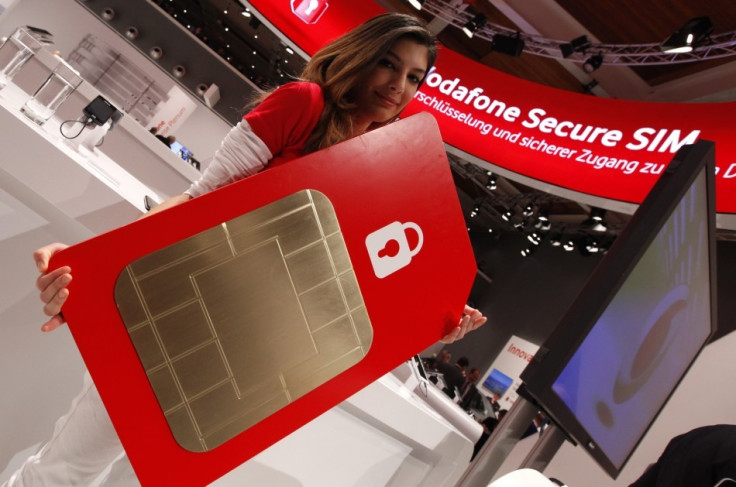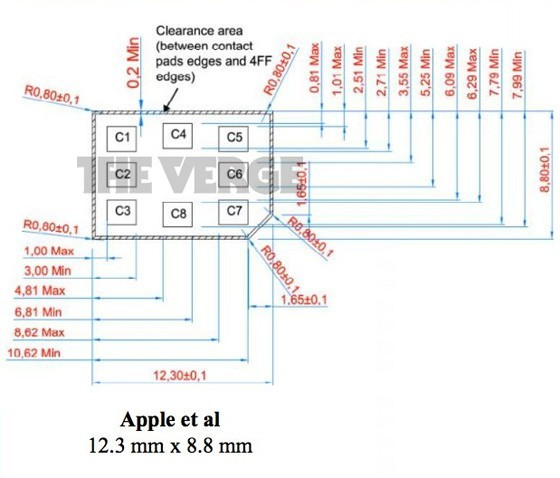ETSI Delays Nano-SIM Vote After Apple and Nokia Fight
A vote to decide on the standard for the next-generation of SIM card, to be known as the nano-SIM has been delayed after deep divisions between Apple, Nokia and others could not be reconciled.
The news comes from the French financial publication, Les Èchos, which says that the Smart Card Platform Plenary meeting, which begun yesterday and is due to finish today, of the European Telecommunications Standards Institute (ETSI) in southern France has delayed the vote on the new standard.
According to patents expert, Florian Mueller, this means that in accordance with ETSI rules, the vote will now have to be postponed by a minimum of 30 days. The European body is charged with deciding on a global standard which will be used for the "fourth form factor (4FF) UICC," better known as a nano-SIM.

Apple and Nokia have competing formats for the nano-SIM, with Apple's the more conventional while Nokia's design is more related to a microSD card. The problem and reason for the division however relates to Nokia's belief that Apple could end up owning the patents for the new SIM standard.
Apple has moved to alleviate these concerns by stating it will offer royalty-free licensing for the patents involved, and a letter seen by Mueller, says this covers "any patents" which are needed.
The issue has become more complex at the Plenary session because Nokia's design may need patents owned by SanDisk , which manufactures memory cards, Toshiba and Panasonic. Nokia in turn is unwilling to release its essential patents which might be required for the new nano-SIM overs its fears that Apple's design will be adopted.

In a statement ahead of the Plenary session, Nokia said:
"With regard to intellectual property, we are not aware of any Apple IP which it considers essential to its nano-SIM proposal. In light of this, Apple's proposal for royalty free licensing seems no more than an attempt to devalue the intellectual property of others."
A declaration from Apple relating to its patents being available on a royalty-free basis was published on the ETSI website, but it only mentions one patent. Mueller however, says the letter he saw "makes the same commitment with respect to any Apple IPR essential to nano-SIM. No trap. No backdoor."
Must Read:
© Copyright IBTimes 2025. All rights reserved.






















